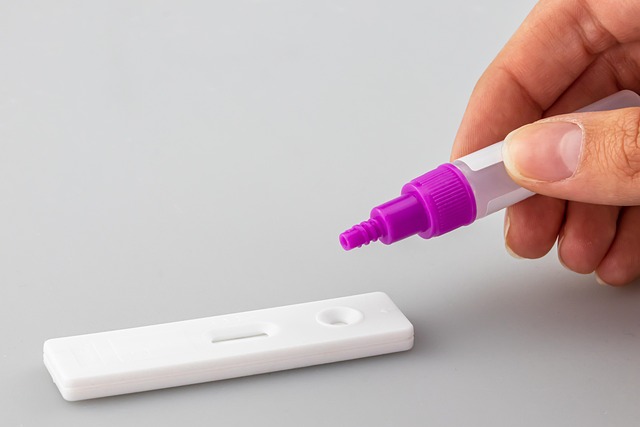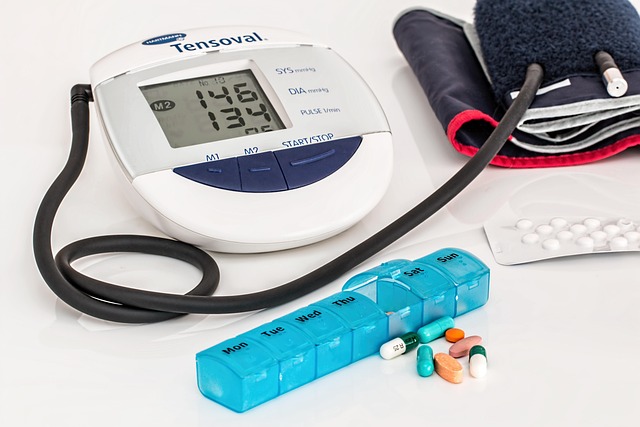The dawn of a new year is a powerful motivator for personal change, a time when many of us commit to becoming a healthier version of ourselves. The enthusiasm of New Year’s resolutions brings an undeniable energy, inspiring us to reevaluate our lifestyles and prioritize our health. However, as we embark on this journey toward a new me,” it’s essential to incorporate stress reduction techniques into our plans to ensure they are sustainable and enjoyable.
Firstly, let’s talk about the importance of mindfulness. Embracing mindfulness not only aids in stress reduction but also enhances our overall well-being. Consider starting your day with a few minutes of meditation or deep breathing exercises. This practice allows you to center your thoughts and set a positive intention for the day ahead. By reducing anxiety and fostering a sense of calm, mindfulness creates a solid foundation for any lifestyle changes you wish to implement.
Next, physical activity cannot be overlooked. Choose an exercise routine that brings you joy, whether that’s dancing, hiking, or joining a yoga class. Regular exercise is not only beneficial for physical health but is also one of the most effective stress reduction strategies. As you stay active, your body releases endorphins, which elevate your mood, providing not just a physical transformation but a mental boost as well.
In addition to exercise, consider your nutrition. Eating a balanced diet can vastly contribute to lower stress levels. Incorporate foods that are rich in omega-3 fatty acids, antioxidants, and vitamins. These nutrients help combat stress and enhance mood stability. On top of that, staying hydrated is crucial. Dehydration can lead to fatigue and mood fluctuations, so ensure you drink plenty of water throughout the day.
Another key factor in stress reduction is the importance of social connections. As you work towards your resolutions, don’t isolate yourself; engage with friends and family. Share your goals, seek encouragement, and celebrate your achievements together. Building a support system can help you navigate the ups and downs of lifestyle changes while providing a buffer against stress.
Lastly, don’t forget about the power of rest. In our quest to embrace a “new me,” it’s easy to overlook the necessity of downtime. Prioritize quality sleep by establishing a calming bedtime routine, which could include reading, gentle stretching, or even journaling. Adequate rest is vital for physical and mental well-being, giving your body the chance to recover and rejuvenate, thereby enhancing your ability to manage stress during your transition.
This New Year, as you set your resolutions, remember to focus not only on ambitious goals but also on incorporating simple yet effective stress reduction practices into your daily life. By doing this, you’ll pave the way for long-lasting lifestyle changes that empower you to become the healthiest version of yourself.



